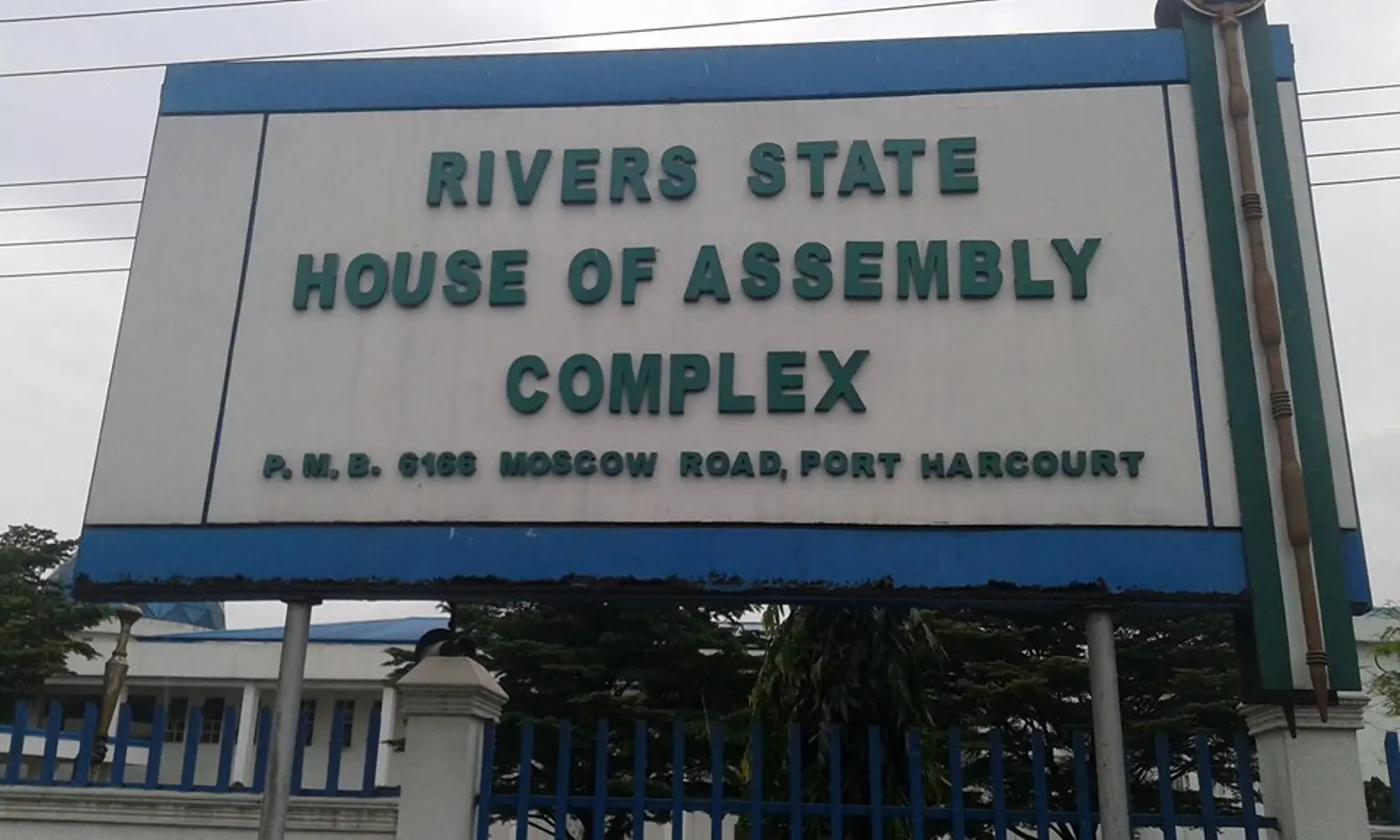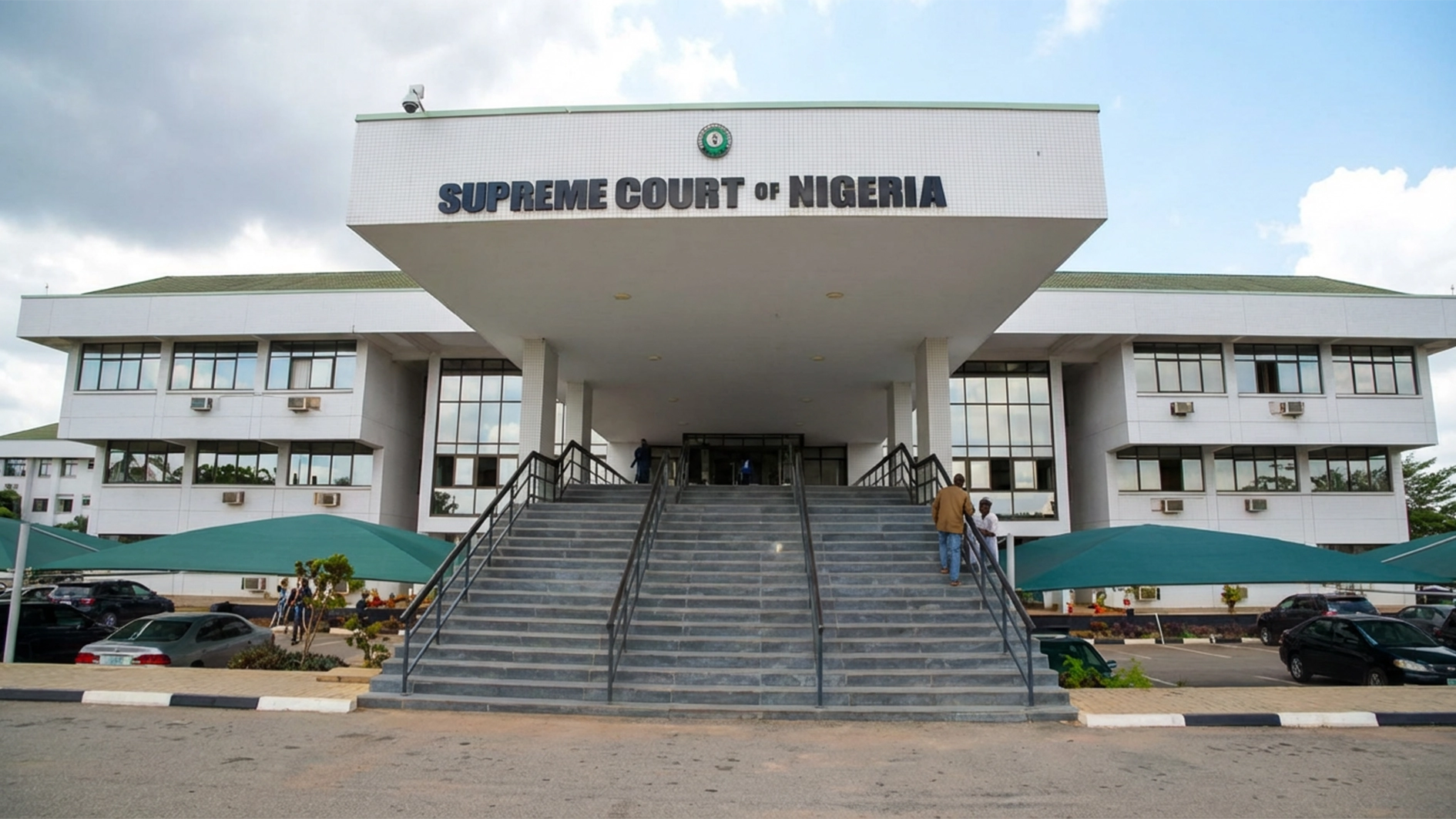The House of Representatives Committee on Nutrition and Food Security on Tuesday intensified its probe into alleged massive diversion and mismanagement of billions of naira allocated to agricultural intervention programmes.
Opening the third public hearing in Abuja, Chairman of the Committee, Deacon Chike Okafor, said lawmakers are examining how key agencies outside the Federal Ministry of Agriculture handled funds intended to boost food production and reduce hunger.
He listed the interventions under scrutiny, including the Central Bank of Nigeria’s Anchor Borrowers Programme, which reportedly disbursed ₦1.12 trillion to 4.67 million farmers, NIRSAL’s ₦255.61 billion support for 915 agribusiness projects, the Bank of Industry’s ₦59.4 billion financing of agro-processors, and federal recovery funds for ginger blight control.
He said allegations ranging from diversion of funds to ghost beneficiaries, inflated costs, and poor repayment records demand urgent legislative scrutiny and full transparency from all involved institutions.
“Food security is non-negotiable,” Okafor declared. “Yet corruption, inefficiencies and mismanagement in these programmes are undermining our national goal. Hunger must not define Nigeria.”
While some agencies have complied with the committee’s summons and submitted verifiable documents, Okafor accused others of repeatedly ignoring invitations.
He cited the Bank of Agriculture, the Agricultural Research Council of Nigeria and the National Agricultural Land Development Authority as among those giving “flimsy excuses” for their absence.
“This is totally unacceptable,” he warned. “No sacred cows, no cover-ups, no excuses. Every kobo must be accounted for.”
The two-day hearing is taking presentations from NAIC, participating financial institutions in the Anchor Borrowers Programme, the Agricultural Research Council, the National Agricultural Seeds Council and NALDA. Wednesday’s session will focus on the Bank of Agriculture, NAIC, NIRSAL Plc and NIRSAL Microfinance Bank.
“We seek answers—Where is the money? Who benefited? Why are claims unpaid? And how do we fix this?” Okafor said. “This Committee is not a court of law, but it is a platform for accountability.”
He assured citizens that the committee’s final report will contain recommendations to recover misused funds, plug loopholes, and strengthen Nigeria’s food security architecture.
“To the Nigerian people: we hear you,” he said. “Funds meant to secure our food future must work for Nigerians. We will act.”
In other news, Speaker of the House of Representatives, Rt. Hon. Tajudeen Abbas, on Tuesday, inaugurated an ad-hoc committee to probe the widespread abandonment of Federal Government properties nationwide, warning that the era of allowing national assets to decay is over.
The committee—headed by Hon. Daniel Amos—is mandated to identify all federal landed assets that are idle, determine why they were abandoned, and recommend clear actions for recovery, rehabilitation, or disposal.
Speaking at the inauguration in Abuja, Abbas said abandoned public facilities have become glaring symbols of waste and weak governance. He vowed that the 10th House would not look away.
“These facilities represent public wealth. They must not rot away,” Abbas said. “Every federal asset must be identified, protected and put to productive use. Nigerians expect nothing less.”






